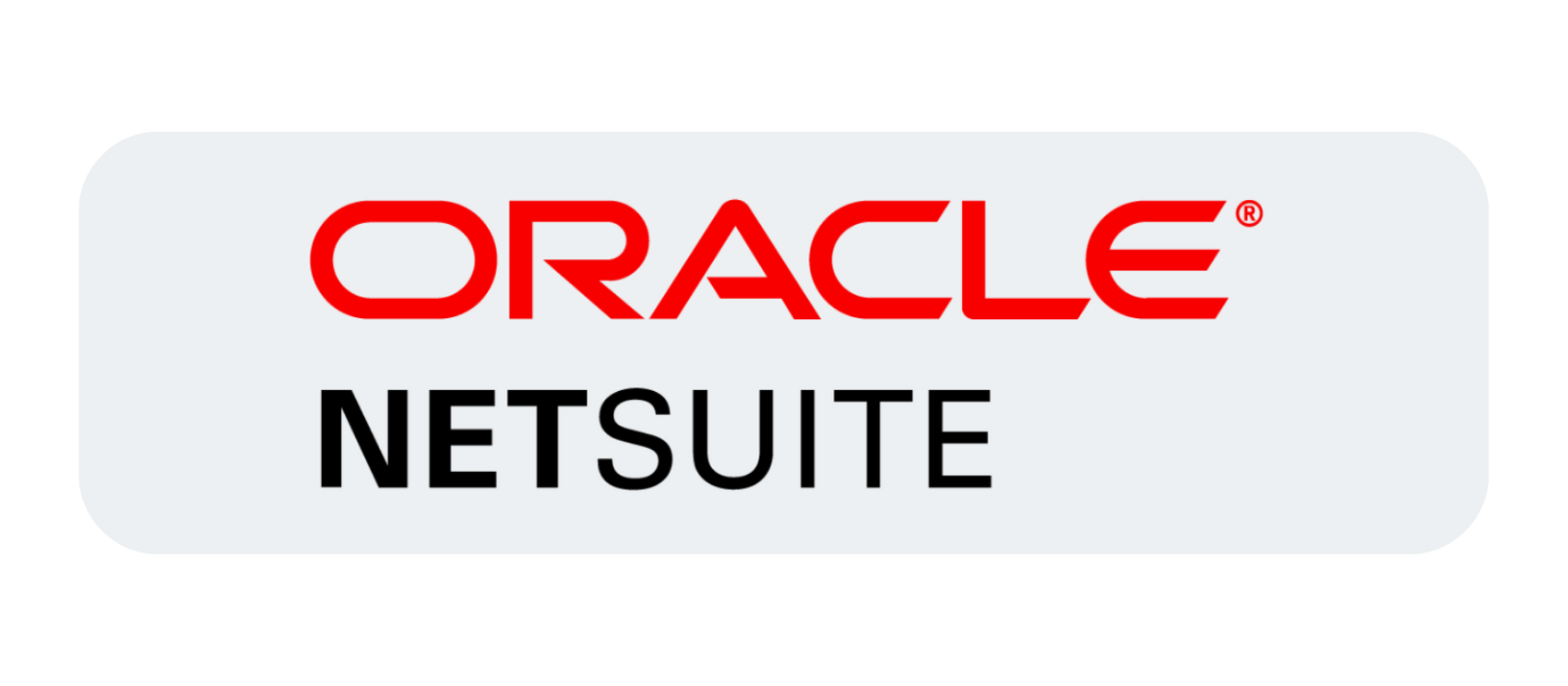NetSuite Pricing:
What You Need to Know
We help businesses make sense of NetSuite – the most popular ERP in the world. Let’s look at how NetSuite’s price is determined.


NetSuite is a cloud-based enterprise resource planning (ERP) software, offering a comprehensive accounting solution that can help businesses to automate their financial processes, improve their efficiency, and reduce their costs. It is a powerful and flexible platform that can be customized to meet the specific needs of any business.
When it comes to pricing, a number of factors and features may influence and impact your monthly payment liability. Understanding the full-service offering and making up your Netsuite package to suit the needs of your business is an essential step in your Netsuite set-up.
Our Fusion CPA team are NetSuite certified specialists and can assist with your NetSuite implementation and offer consulting. We have put together an Oracle NetSuite pricing guide to help you understand how NetSuite accounting & pricing works, while giving you an overview of how to identify the features that are best suited for your business so that you don’t install features you don’t need, and thus save money along the way.
Number of users: The number of users who need access to the accounts payable module will affect the cost of NetSuite. Each user needs a license to access the software, and the price per user increases as the number of users increases.
Modules: NetSuite offers a variety of modules that can be added to the base system. These modules can add functionality for areas such as inventory management, sales, and marketing. NetSuite also offers a module for account reconciliation, which can help businesses to automate this process and improve their efficiency. The cost of each module varies, but they can add significantly to the overall cost of NetSuite.
Contract length: NetSuite offers discounts for longer contracts. The discount typically increases according to the contract’s length.
Additional costs: In addition to the base price, there are other costs associated with NetSuite, such as implementation fees, training fees, and maintenance fees. The implementation fees can be significant at times, but they can be offset by the savings that businesses can realize from using NetSuite.
Pricing for NetSuite is determined by the different suites you make use of, as well as the size of your company. The suite you license should match the size of your company and the functions you require.
NetSuite Limited Edition is for small businesses with a single legal entity and less than 50 employees who need 10 user licenses or fewer.
NetSuite Mid-Market Edition is for companies that need more than 10 named users, have two or more legal entities, require consolidated financial reports, and use multiple currencies.
NetSuite Enterprise Edition is for companies that need a thousand or more named users
Licensing software as a service means price variances based on the number of licenses needed. The more users you have, the more expensive the subscription agreement is.
To determine the true per-user cost, you first need to add up the cost of the suite and any additional NetSuite modules and user licenses and then divide that by the total number of users to get an exact figure.
You will require one license for each person who needs complete access to the system. Some users need limited access. These users might share a common login. But from an auditing and accountability standpoint, it is generally recommended to have one user license agreement per person.
Other licenses include Oracle NetSuite Planning & Budgeting Cloud Service Users and NetSuite OpenAir Users. Remember, you can get started with a handful of licenses with NetSuite and then add users throughout your license agreement. Also, if need be, you can scale back the number of users during your renewal period.
NetSuite is a cloud-based ERP software, while other ERP software solutions are typically on-premises.
This means that NetSuite can be accessed from anywhere with an internet connection, while other ERP software solutions require businesses to have their own servers. NetSuite is also more scalable than other ERP software solutions, making it a good choice for businesses that are growing rapidly.
The cost of NetSuite varies depending on the number of users, the modules that are included, and the contract length.
The first step is to contact a NetSuite partner like Fusion CPA. A NetSuite partner can help you choose the right pricing plan for your business and implement NetSuite successfully.
NetSuite is a SaaS, which means that it is completely subscription-based. The longer the subscription term, the more negotiating room there is with pricing for Netsuite. The benefit of a subscription service is that the cost of NetSuite is predictable and stable. Most companies will do a five-year contract term. This limits price increases. For negotiation purposes, some organizations opt to pay the full subscription in advance.
NetSuite can also be packaged into predictable monthly payments. This option is great for companies that are growing quickly and have limited cash on hand but need to move from QuickBooks to a more comprehensive system without investing a ton of cash upfront.
These flexible billing terms make NetSuite more accessible to startups and SMBs who want to scale rapidly.
Our Fusion CPA team specializes in NetSuite consulting and implementation. We have helped multiple businesses of all sizes adopt NetSuite and achieve their financial goals.
Our team of NetSuite accountants can help you with account reconciliation, bookkeeping, and other financial tasks along with choosing the right NetSuite pricing plan.

NetSuite Implementation takes a lot of work and know-how to execute successfully. Our team takes you through our NetSuite implementation checklist.

The ability to summarize essential data and create reports is a fundamental feature of business software. However, these reports can vary in complexity from basic

When you have outgrown QuickBooks Online, knowing where to turn can help you better manage your company’s finances and accounting with ease.
